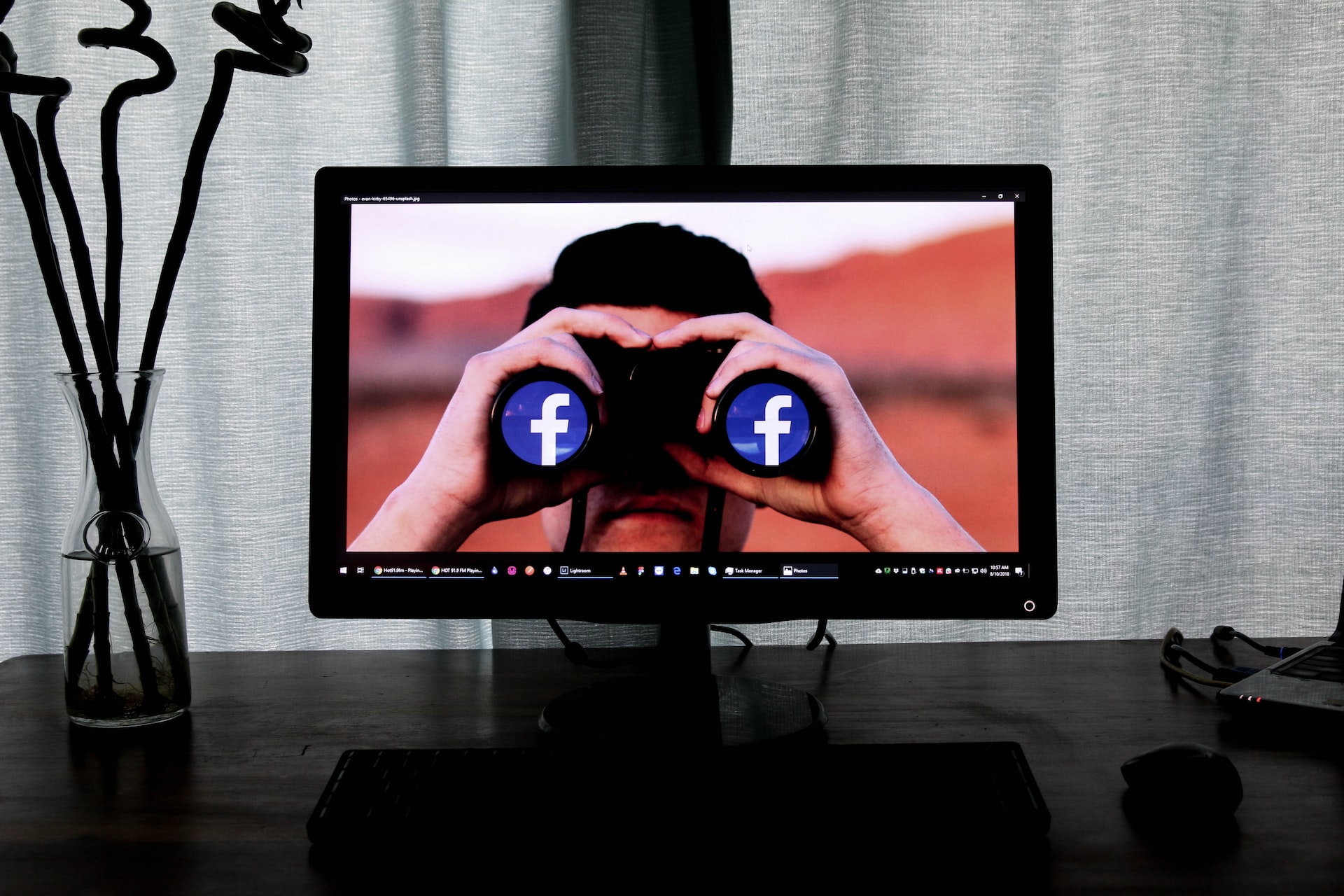The other day, my husband said something astounding:
“You know, everything good that happened for our friend happened because of Facebook.”
It was the first positive statement about Facebook I’d heard since he deleted his account years ago and our two then-teen children followed.
Just a little help from my friends

My husband was referring to a series of posts I’d made for a friend in crisis. This person is not on Facebook, and is unknown to most of my Facebook friends. But I thought, “Well, maybe someone can help him with these specific problems,” so I posted.
He had two problems we had been unable to help him with. Within hours of my first post, a woman I had known at a school where my son (now an adult) attended first and second grade reached out. She helped our friend with problem #1, no questions asked, no payment requested.
Within minutes of my second post, an old homeschooling friend said she could supply the other thing he needed, at a price he could afford.
The devil is in the details

I started using Facebook solely for business purposes. Then all sorts of people started “friending” me: people I actually knew IRL, people who knew about me IRL, people who had not seen me since I was 10. I tried to keep my private life off the Internet, but as FB’s privacy tools got better, I started hesitantly posting some private content. (See below for what I never share with Facebook!)
In the years since then, Facebook has evolved—but not just in the toxic direction you hear about in the press. Facebook, when used properly, really is a great tool for community. I hear from friends that I never run into on the street. I can follow what’s up in the lives of people who live far away. There are certain people whose political posts are insightful. Others make me laugh on a regular basis.
Facebook is also a great place for news, as long as you follow reputable pages. Yes, there’s a lot of garbage out there, but I hardly ever see it. The organizations I follow are serious about the content they share. And if they share clickbait, it just takes one click from me to unfollow.
How I curate my feed
First of all (sorry, friends), I unfollow almost everyone, especially people who:
- Post loads of content that doesn’t interest me
- Post anything toxic
- Post a lot of personal stuff and they aren’t really a close friend
The people I do follow are either people who really are close to me or people whose posts, I believe, improve my life.
Second, I use Social Fixer, which shows me the posts in chronological order. This is very important! Facebook’s algorithm is not created to make you happy; it’s created to agitate you and get you to buy stuff. Don’t let them do that to you.
Make it the community you want it to be
It’s really important to keep control over the tool. You wouldn’t use a chainsaw without being careful with it, and Facebook can be even more dangerous. (I’d rather lose a finger than my mental health.) If something about Facebook starts to bother you, deal with it. For example, I was friended by someone important in my community and so I tried to convince myself to follow them for a while. But that person posted toxic political content, and flamed anyone who pointed out it was toxic.
I will point out that this person is on the same side of the political spectrum as me, so I wasn’t just silencing someone I disagreed with. I was silencing someone who was bringing down the quality of my life.
What I NEVER share with Facebook
Every time you post on Facebook, your first job should be to think:
- Is this something I would say out loud to a group of people?
- Is this something I would like my customers/neighbors/co-workers to know about me?
- Will this represent me in the future?
It doesn’t matter that they have created privacy filters—anything you put online is not private and will never go away, even if you delete it.
So Facebook does not get my petty angers and jealousies, which I know will pass (though not as quickly as I’d like). It does not get data about my shopping habits. And it will never get my real birthday or other information that could help someone steal my identity.
A tool is neither a devil nor an angel
It’s just a tool (assuming you avoid the algorithm, see above). If you choose not to use it, that’s great. But if you do use it, use it with care and remember that it will require continuous vigilance to remain a healthy place for your online self to reside.



